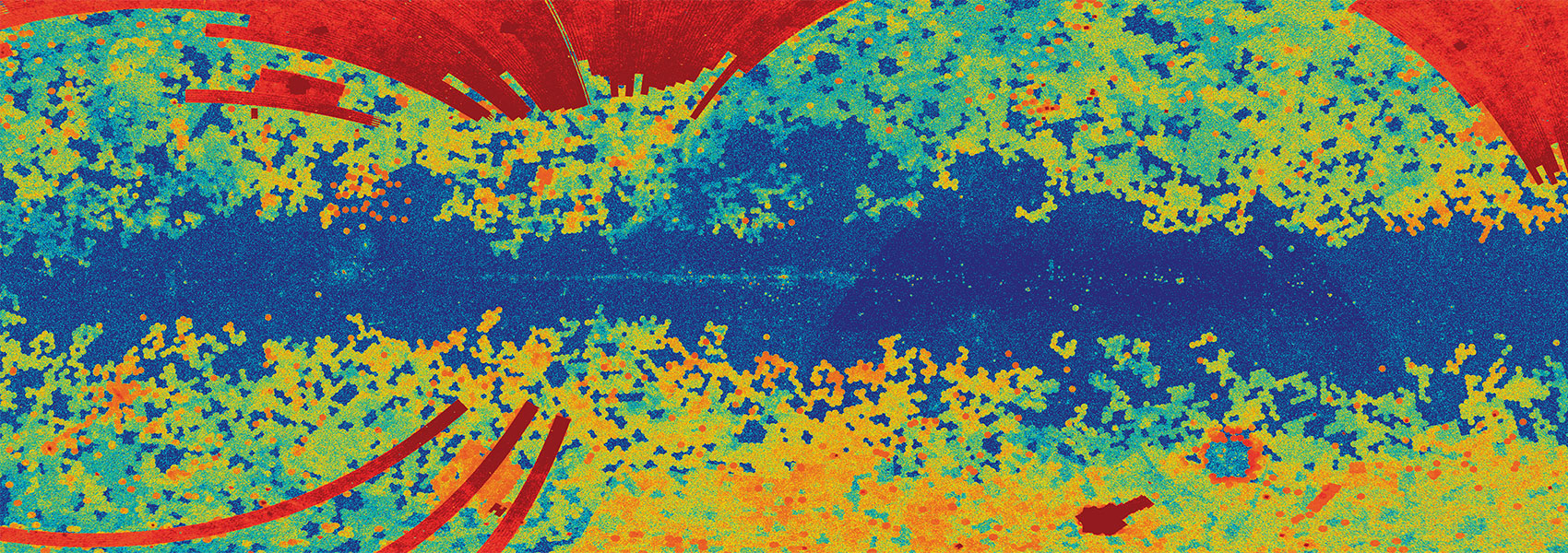February
2020
•
2020AJ....159...77Y
Authors
•
Ye, Quanzhi
•
Kelley, Michael S. P.
•
Bolin, Bryce T.
•
Bodewits, Dennis
•
Farnocchia, Davide
•
Masci, Frank J.
•
Meech, Karen J.
•
Micheli, Marco
•
Weryk, Robert
•
Bellm, Eric C.
•
Christensen, Eric
•
Dekany, Richard
•
Delacroix, Alexandre
•
Graham, Matthew J.
•
Kulkarni, Shrinivas R.
•
Laher, Russ R.
•
Rusholme, Ben
•
Smith, Roger M.
Abstract
•
Comet 2I/Borisov, the first unambiguous interstellar comet ever found, was discovered in 2019 August at ∼3 au from the Sun on its inbound leg. No pre-discovery detection beyond 3 au has yet been reported, mostly due to the comet's proximity to the Sun as seen from the Earth. Here we present a search for pre-discovery detections of comet Borisov using images taken by the Catalina Sky Survey, Pan-STARRS, and the Zwicky Transient Facility (ZTF), with a further comprehensive follow-up campaign being presented in Bolin et al. We identified comet Borisov in ZTF images taken in 2019 May and use these data to update its orbit. This allowed us to identify the comet in images acquired as far back as 2018 December, when it was 7.8 au from the Sun. The comet was not detected in 2018 November when it was 8.6 au from the Sun, possibly implying an onset of activity around this time. This suggests that the activity of the comet is either driven by a more volatile species other than H2O, such as CO or CO2, or by exothermic crystallization of amorphous ice. We derive the radius of the nucleus to be <7 km using the non-detection in 2018 November, and estimate an area of ∼0.5- $10\,{\mathrm{km}}^{2}$ has been active between 2018 December and 2019 September, though this number is model-dependent and is highly uncertain. The behavior of comet Borisov during its inbound leg is observationally consistent with dynamically new comets observed in our solar system, suggesting some similarities between the two.
Links



